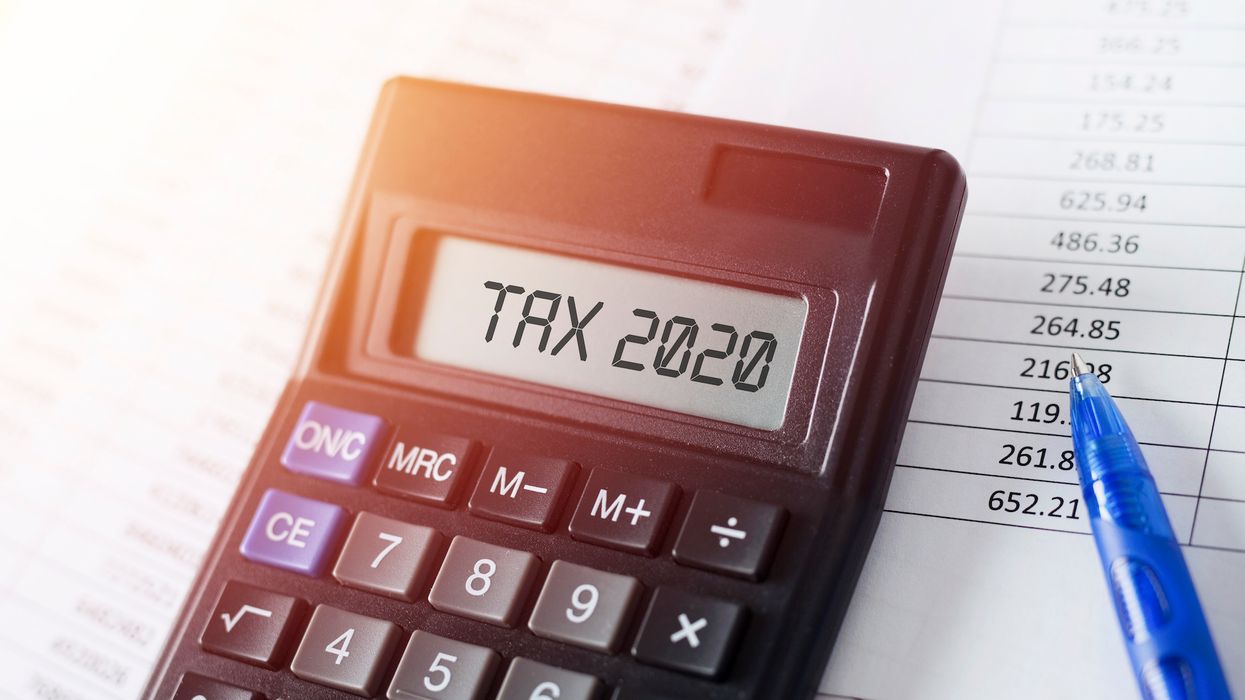
Michail_Petrov-96/iStock/Getty Images Plus

Which countries are beating the United States?
Though not usually considered the sexiest of topics, national tax polices impact the daily lives of billions of people a year. For that reason, the Tax Foundation, a tax policy nonprofit, issues an annual International Tax Competitiveness Index.
The organization posted its 2020 index Wednesday, and the news isn't great for the U.S., which ranked No. 21 in the report.
It's important to understand countries' tax policies to have an idea of how those countries' economies might fare.
As the Tax Foundation noted in its report Wednesday:
The structure of a country's tax code is an important determinant of its economic performance. A well-structured tax code is easy for taxpayers to comply with and can promote economic development while raising sufficient revenue for a government's priorities. In contrast, poorly structured tax systems can be costly, distort economic decision-making, and harm domestic economies.
The index is designed to offers a look at Organisation for Economic Co-operation and Development member nations' tax systems and how closely they stick to the important aspects of competitiveness and neutrality. From the report:
A competitive tax code is one that keeps marginal tax rates low. In today's globalized world, capital is highly mobile. Businesses can choose to invest in any number of countries throughout the world to find the highest rate of return. This means that businesses will look for countries with lower tax rates on investment to maximize their after-tax rate of return. If a country's tax rate is too high, it will drive investment elsewhere, leading to slower economic growth. In addition, high marginal tax rates can lead to tax avoidance.
According to research from the OECD, corporate taxes are most harmful for economic growth, with personal income taxes and consumption taxes being less harmful. Taxes on immovable property have the smallest impact on growth.
Separately, a neutral tax code is simply one that seeks to raise the most revenue with the fewest economic distortions. This means that it doesn't favor consumption over saving, as happens with investment taxes and wealth taxes. This also means few or no targeted tax breaks for specific activities carried out by businesses or individuals. [...]
A tax code that is competitive and neutral promotes sustainable economic growth and investment while raising sufficient revenue for government priorities.
The index scores OECD nations on their corporate, individual, consumption, and property taxes, as well as their international tax rules. The combination of those scores is used to create an overall score.
The United States came in 21st in the 2020 ranking, dropping from 20th place in the 2018 and 2019 rankings.
Below are the 25 OECD member nations with the most competitive tax codes, according to the index, along with their overall scores in the 2020 report and their 2018 and 2019 rankings.